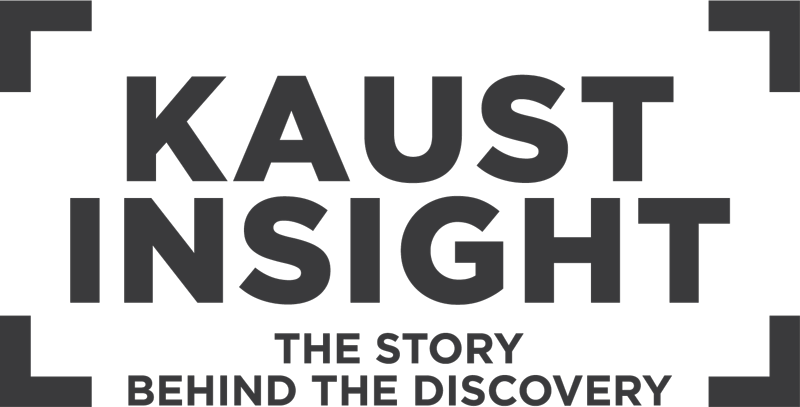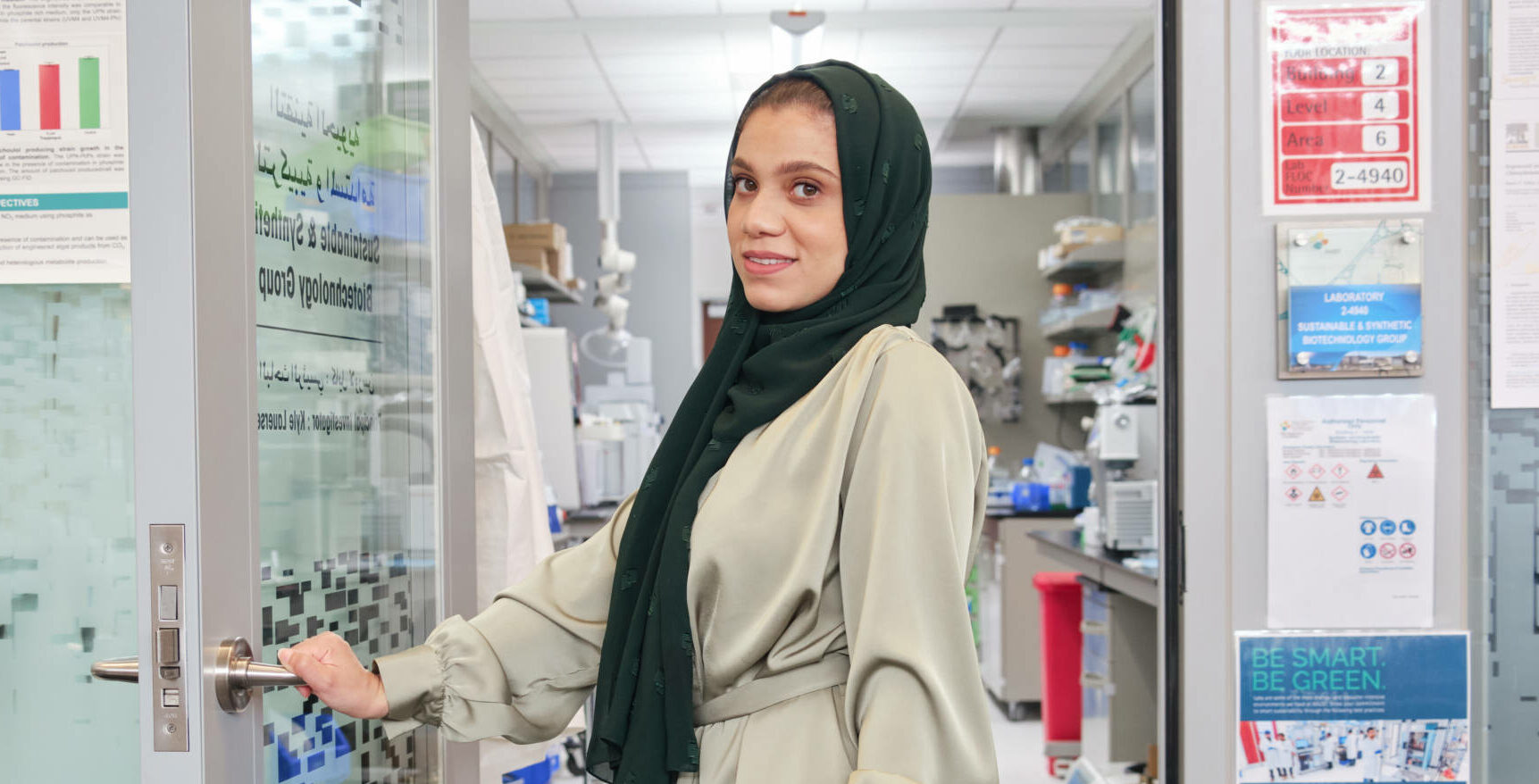My lab at KAUST is like a second home to me. Even when I am faced with challenges, the lab provides a supportive environment that makes me feel at ease.
I am a Ph.D. student in Kyle Lauersen’s research group. We engineer microalgae, converting them into little factories for producing valuable chemicals more sustainably. A key goal of my Ph.D. project is to engineer algae to produce isoprene, which industry uses to make products, including rubber.
Algae have many potential sustainability benefits for chemical production. They grow in a variety of environments, including wastewater. As photosynthetic microorganisms, they grow by harnessing energy from the sun while absorbing carbon dioxide from the atmosphere.
I first joined KAUST in 2015 on an internship program in the Red Sea Research Center. I really enjoyed it and I learned a lot. Nearly eight years later, I am still here pursuing my academic journey.
For my master’s project, also in the Red Seas Research Center, I studied the presence of microbes in airborne dust samples collected along the Red Sea coast. We showed that the dust contained airborne microbes at levels that potentially could have a substantial impact on the Red Sea ecosystem as well as on human health.
After my master’s, I wanted a fresh challenge. So for my Ph.D. I moved into bioengineering and the algae project. Our aim is to develop a sustainable source of isoprene, which is usually produced from petroleum feedstocks.
“After my master’s, I wanted a fresh challenge.”
Microalgae do not naturally produce large amounts of isoprene. Our first engineered strain produced 58 milligrams of isoprene per liter of culture medium. Subsequent iterations increased that to 146 milligrams, and then to 360 milligrams, per liter. Assessing the isoprene production of each newly engineered microalgae strain is still a highlight of my work. I recently won an award at an international conference for my research.
I am currently spending two months as an intern at Aramco where they’re assessing microalgae and macroalgae cultivation, exploring the production of industrially significant bioproducts, such as nanocellulose, and testing the organisms’ capabilities to withstand high salinity and different carbon dioxide concentrations. It is a great opportunity to gain additional expertise before I begin the final year of my Ph.D.
Once my Ph.D. is complete, I think it will be a good time for me to leave KAUST and explore new possibilities. My aim is to work for a startup company where I can apply my knowledge in a different way.

